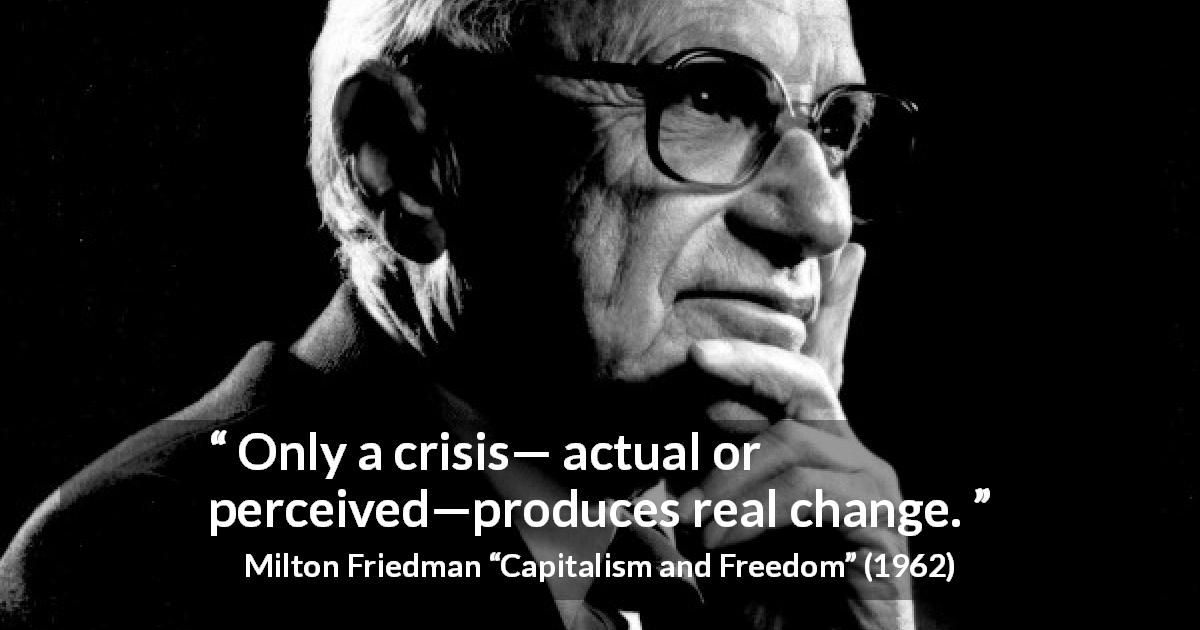
Over the past several years, more companies have been integrating this approach of enhancing value for all stakeholders–notably employees, communities, customers, and the whole value chain–based on a longer-term view of shareholder value and moving away from an emphasis on quick quarterly wins. This was when the Business Roundtable decided to change its definition of the purpose of a company. As the workforce shifted from muscle labor to intellectual contribution, and as younger employees demanded environmental and social accountability, CEOs saw value in a more balanced approach, understanding that value creation for all stakeholders avoids the worst outcomes of unfettered capitalism, and leads to long-term value creation for shareholders, too. Strong lobbying guided by this norm must, then, be a factor in boosting corporate profits by pushing through policy that enables profitability.ĬEOs were OK with this system for a while, but at a certain point, the business case for shareholder capitalism at the expense of all other stakeholders began to fracture. If the goal of lobbying is to maximize shareholder value in the short term, companies are pressed to lobby for their narrow self-interest, with less regard for the impacts on society.

“When government–in pursuit of good intentions tries to (…) help special interests, the costs come in inefficiency, lack of motivation, and loss of freedom,” he said.Ĭompanies and trade associations influence politics through contributions to political candidates, political action committees (PACs) where employees can contribute, and lobbying. Following the Citizens United Supreme Court decision, there is no limit on indirect contributions, for example, to pay for advertising.

He was very clear that the rules should not be dictated by special interests.

The rules are now heavily influenced by powerful corporate interests, the very interests they are intended to regulate. This was not something Friedman had expected. Nobel Prize-winning economist Milton Friedman shaped the course of history with his strong focus on free markets and economic growth through business leadership focused on creating shareholder value. His model has proved so powerful that few dispute it today, and it has unquestionably created financial wealth. But the expansion of corporate power that it propelled has also led to major changes in the “rules of the game” for competition over the last 60 years in arenas from accounting to tax, banking, telecommunications, digital technology, pharmaceuticals, energy, and antitrust. In aggregate, these changes in the rules have tended to decouple financial performance from the underlying value to society that Friedman’s philosophy was intended to create. There has been heated debate over this quote since the Business Roundtable pivoted to “stakeholder capitalism” in its August 2019 revised “Statement on the Purpose of a Corporation.”


 0 kommentar(er)
0 kommentar(er)
